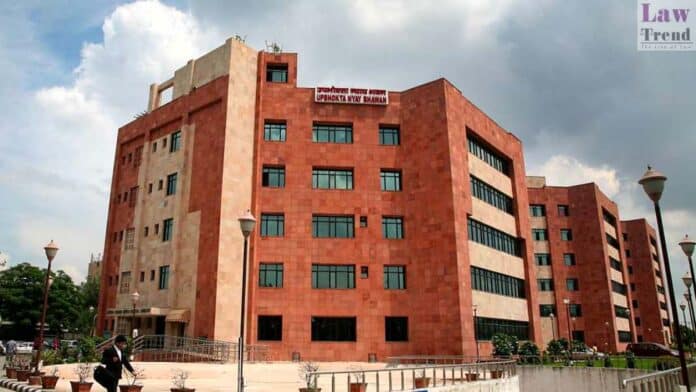In a landmark ruling, the National Consumer Disputes Redressal Commission (NCDRC) clarified that electricity charges become payable only when a bill is issued, irrespective of when the electricity was consumed. The ruling came as the NCDRC dismissed a revision petition filed by the State Bank of India (SBI) against Jaipur Vidyut Vitran Nigam Limited (JVVNL)
To Read More Please Subscribe to VIP Membership for Unlimited Access to All the Articles, Download Available Copies of Judgments/Order, Acess to Central/State Bare Acts, Advertisement Free Content, Access to More than 4000 Legal Drafts( Readymade Editable Formats of Suits, Petitions, Writs, Legal Notices, Divorce Petitions, 138 Notices, Bail Applications etc.) in Hindi and English.




